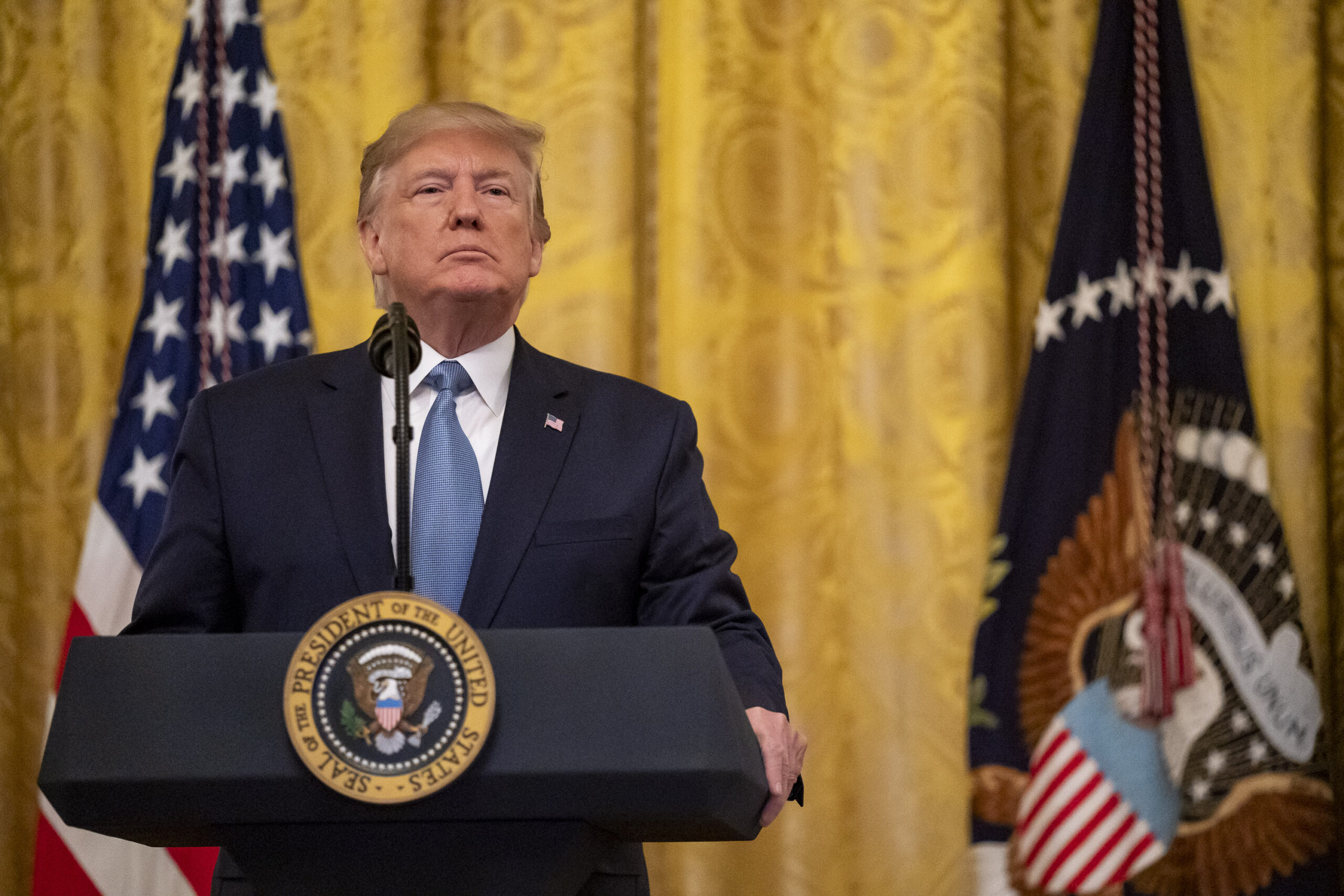Executive
How Trump Can Win On Energy: Zero Energy Poverty
Zero Energy Poverty, even more than energy independence, is how Donald J. Trump can beat Kamala Harris and Tim Walz.

Kamala Harris and her new running mate, Tim Walz, will impoverish America.
Net zero is economic suicide
That’s the best way to understand one of their most important – yet least-known – policy pipe dreams. As vice president, Harris has backed so-called “net zero,” which means offsetting every iota of manmade greenhouse gases. Walz, as governor, has pushed one of the most aggressive net-zero policies in America, mandating no carbon emissions in Minnesota by 2040.
This promise is economic suicide.
Not only is it unachievable, but ramping up unreliable and costly energy sources like wind and solar while eliminating reliable and affordable options like natural gas and nuclear power is disastrous.
It inevitably means a dramatic and ongoing drop in our standard of living – a drop that’s already begun. Thanks to net zero, Americans are already paying more on utility bills and everyday goods, even as more homes and businesses suffer rolling blackouts that are getting worse.
Donald Trump and J.D. Vance should fight this madness – but they have to be smart. Republicans have never effectively responded to net zero, which has a positive sound that appeals to Americans. People will only rally around something equally (or ideally more) inspiring. And no, simply praising fossil fuels won’t cut it.
Here’s a real winning message: zero energy poverty.
What zero energy poverty can mean
Zero energy poverty casts a powerful vision, one that can be realized by unleashing our vast natural resources. Such resources can deliver a future in which no one would struggle to afford their utility bills.
No one would have to choose between filling up their car and feeding their family or getting medical care. Everyone would benefit from better jobs, higher wages, better health, and a new era of innovation. With a vision like that, no one could oppose zero energy poverty.
Why might this rallying cry work? To start, it connects environmental and energy policy to people’s true priorities.
While 70% of Americans support tackling climate change, just 2% say it’s the most important issue facing the country, according to Gallup. Eighteen times as many Americans list the economy as their top concern, for good reason.
After years of soaring inflation and slow-to-nonexistent wage growth, families are legitimately worried about getting poorer, and many are. A stunning eight out of ten people now think their children’s lives will be worse than their own. Moving to eliminate energy poverty can help reverse this dispiriting pessimism, ushering in a new era of optimism born of greater opportunity.
Net zero works for the well-connected
Zero energy poverty also highlights that net zero is the path to poverty unless you’re politically well-connected – see the massive subsidies that the Biden-Harris administration is throwing at green companies.
Net zero requires curtailing freedom and massively growing government, as evidenced by bans on gas-powered cars, natural gas appliances, and the forced closure of reliable electricity plants – all of which are driving widespread economic pain.
Americans’ suffering will worsen as ham-fisted policies force continued emissions cuts without regard to economic or environmental reality. If you want a family budget you can’t balance, or if you’d rather risk death from frostbite or heat stroke when the power goes out, net zero is for you.
And while net zero’s proponents talk a big game about good-paying jobs and economic growth, their record is one of failure. Their policies lead to economy-wide de-industrialization – just ask Europe.
Like net zero, the goal of zero energy poverty is aspirational. Unlike net zero, it’s achievable and will improve lives.
It’s a springboard for policies that tap America’s boundless energy potential, yielding tangible benefits like lower utility bills and cheaper food, which requires energy to grow and transport. Fully tapping American energy can also make housing more affordable and durable and healthcare more innovative and accessible.
Zero energy poverty can also help the environment
And yes, zero energy poverty is the best path to making the environment cleaner since it calls for policies that unleash emission-lowering innovation without undermining the economy. Zero energy poverty means an easier everyday existence, greater wealth, better health, and a more expansive and inclusive American Dream.
Americans’ quality of life depends on energy – affordable, abundant, reliable energy. The promise of zero energy poverty provides a way to remind society of this fact, fostering greater support for essential, on-demand energy sources like oil, natural gas, and nuclear.
These energy sources aren’t poisons to be avoided, as net zero implies. They’re a critical tool for human progress – a tool that America must continue to use for the betterment of all.
One of the best things Donald Trump can do is promise to replace the Harris-Walz climate agenda with a real pathway to “zero energy poverty.”
This article was originally published by RealClearPolitics and made available via RealClearWire.
Chris Wright is founder and CEO of Liberty Energy and the author of Bettering Human Lives 2024.
-

 Civilization3 days ago
Civilization3 days agoWhy Europe Shouldn’t Be Upset at Trump’s Venezuelan Actions
-

 Accountability5 days ago
Accountability5 days agoWaste of the Day: Principal Bought Lobster with School Funds
-

 Executive4 days ago
Executive4 days agoHow Relaxed COVID-Era Rules Fueled Minnesota’s Biggest Scam
-

 Constitution5 days ago
Constitution5 days agoTrump, Canada, and the Constitutional Problem Beneath the Bridge
-

 Christianity Today3 days ago
Christianity Today3 days agoSurprising Revival: Gen Z Men & Highly Educated Lead Return to Religion
-

 Civilization4 days ago
Civilization4 days agoThe End of Purple States and Competitive Districts
-

 Executive3 days ago
Executive3 days agoWaste of the Day: Can You Hear Me Now?
-

 Executive4 days ago
Executive4 days agoWaste of the Day: States Spent Welfare in “Crazy Ways”










